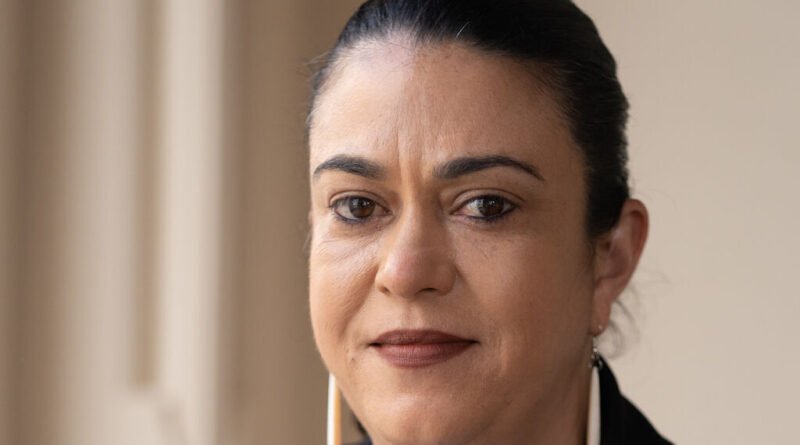NZ Government Pledges to Have Military Boot Camps for Young Offenders Operational by Mid-Year
‘Boot camps’ have been tried and tested in New Zealand for the past 53 years, and now the National Party-led government is giving them another shot.
In line with its promise to address youth offending within the first 100 days, New Zealand’s new government announced that the first “boot camp” will be operational by the middle of this year.
Children’s Minister Karen Chhour stated that the National-led coalition is dedicated to providing more resources to deal with the most serious and persistent young offenders. This includes setting up military-style academies and establishing a new ‘young serious offender’ designation.
The program will initially start with a pilot that combines a military-style element with a rehabilitative and trauma-informed care approach to reduce the chances of reoffending.
Oranga Tamariki (the Ministry for Children and Young People) will oversee the program, along with other agencies and providers with the necessary skills.
Behavior Has Consequences
Ms. Chhour emphasized the importance of young people understanding that their actions have consequences. However, they will also have the opportunity to be part of a structured and disciplined environment aimed at helping them choose a different path.
“I am confident that this program will bring about the necessary change for many youth offenders,” she said.
The program will be developed and supervised by Ms. Chhour and her colleagues Paul Goldsmith (justice minister), Judith Collins (attorney general), and Mark Mitchell (police minister).
The Cabinet is also considering legislative changes to impose stricter penalties on young offenders.
The previous National government, led by John Key, also attempted boot camps.
Former police officer, parole board member, and National Party minister, the late Chester Borrows, mentioned in a 2022 interview with RNZ that while there were some positive outcomes, they were often short-lived. He emphasized that the solution to youth crime lies in better social support that the country must be willing to invest in.
Previous Attempts Have Failed
The previous program, termed as “Military-style Activity Camps” (MAC), was operated by the New Zealand Defense Force and aimed to provide intensive support to 40 of the most serious young male offenders each year. Although started in 2010, by July 2011, only two out of 17 youth offenders sent there had not reoffended.
A report from the Ministry of Social Development in 2015 revealed that half of the MAC graduates had reoffended within four months of completing the program. Within a year, 86 percent had reoffended.
During the same year, the Prime Minister’s chief science adviser, Sir Peter Gluckman, stated that there was no evidence that programs like boot camps, restorative justice, and life skills training were effective.
Boot camps were first introduced in New Zealand in 1971 and later rebranded as “Corrective Training”—serving as a three-month sentence for males and females aged 15 to 20. A report showed that 71 percent of first-year graduates went on to commit further crimes.
By 1997, the reconviction rate after five years stood at 92 percent, three times higher than the general prison population’s reoffending rate.
In June of that year, former National corrections minister Paul East acknowledged that a review of Corrective Training confirmed it did little to reduce youth reoffending.






